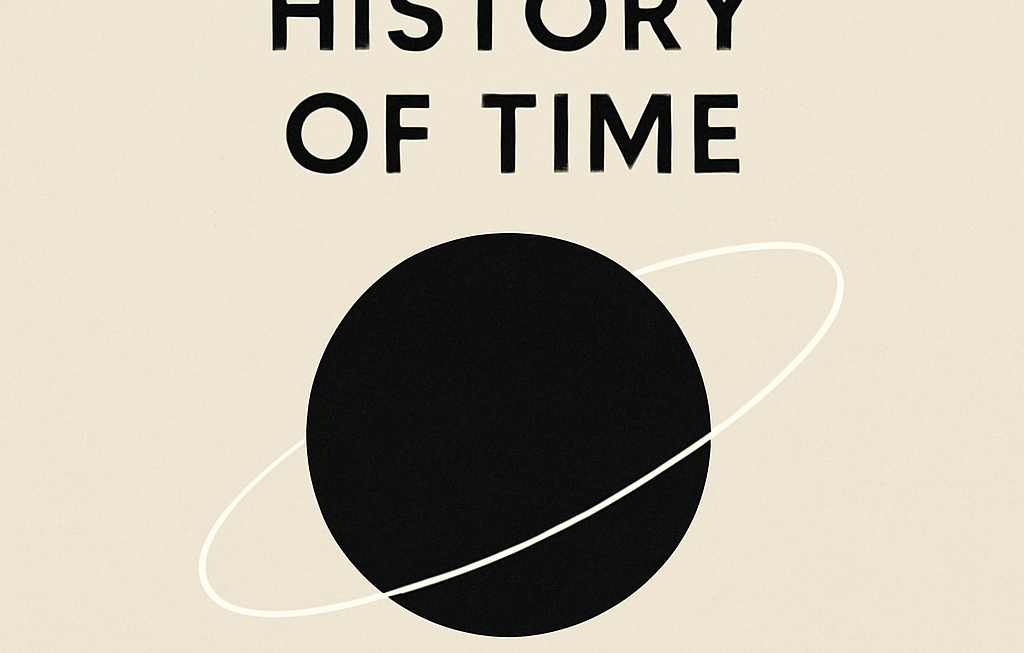A Universe of Words: Reflecting on Stephen Hawking’s “A Brief History of Time”
In 1988, a book landed on shelves that defied categorization. It wasn’t simply a scientific treatise; it was a literary phenomenon. “A Brief History of Time,” by Stephen Hawking, a man whose indomitable spirit mirrored the vastness of the cosmos he explored, became an unlikely bestseller. Hawking, diagnosed with ALS at a young age, faced a relentless physical deterioration, yet his mind soared, unraveling the complexities of black holes, the Big Bang, and the fundamental forces shaping our universe. He translated these intricate concepts into a language accessible to millions, bridging the chasm between scientific rigor and public understanding. The book didn’t just explain the universe; it celebrated the human quest for knowledge, a journey fueled by insatiable curiosity and an unwavering belief in the power of reason. Its impact transcended scientific circles, igniting a global fascination with cosmology and inspiring generations to gaze at the stars with newfound wonder. It was a testament to Hawking’s genius – his ability to weave together complex scientific theories with engaging prose and compelling anecdotes, transforming a potentially dense academic text into a compelling narrative that captivated the world. The book’s enduring popularity is a testament to Hawking’s profound intellect and his unique ability to communicate the awe-inspiring beauty of the cosmos.
A Conversation with Stephen Hawking
- Question: Your book became a global phenomenon. Did you anticipate such widespread appeal, and did it change your approach to subsequent works?
- Answer: The response to “A Brief History of Time” certainly exceeded my expectations. I had hoped to make complex scientific concepts accessible, but the scale of its success was humbling. It confirmed the public’s appetite for understanding the universe, influencing my decision to continue writing for a broader audience. Future works, however, focused on refining the precision of my arguments and venturing into new theoretical territories.
- Question: Some criticized the book for oversimplification, arguing it sacrificed scientific nuance for accessibility. How do you reconcile the need for clarity with the complexities of theoretical physics?
- Answer: The challenge was to present intricate scientific ideas without losing the audience in technical jargon. It was a delicate balancing act. Inevitably, some detail was lost, but I prioritized conveying the overall concepts and the wonder of the subject. It was, perhaps, a sacrifice of perfect precision for engaging accessibility; however, that served the greater purpose of inspiring scientific curiosity amongst a wider population.
- Question: Your personal journey, intertwined with your scientific achievements, resonated deeply with readers. Was this a conscious narrative strategy, or did it evolve organically?
- Answer: It wasn’t a deliberate strategy, but rather a natural unfolding. My personal experiences are inseparable from my scientific work. The relentless nature of ALS forced me to prioritize my ideas, to focus my efforts, and to make my thoughts more concise. This drive for clarity and efficiency informed both my scientific pursuits and my writing.
- Question: “A Brief History of Time” sparked renewed public interest in cosmology. What responsibility do scientists have to communicate their work effectively to a wider audience?
- Answer: Scientists have a vital responsibility to share their discoveries with the world. Science is not an exclusive pursuit; it is a shared human endeavor. By communicating our work clearly and engagingly, we inspire curiosity, promote critical thinking, and invite participation in the ongoing exploration of the universe.
- Question: Your work frequently touches upon philosophical implications of scientific discoveries. How do you navigate the intersection between science and philosophy?
- Answer: Science explores how the universe works, while philosophy grapples with the “why.” These disciplines are complementary, not mutually exclusive. My work tries to bridge this divide, exploring the profound philosophical questions raised by scientific advancements about our existence and place in the universe, especially in regards to the concept of time.
- Question: The quest for a unified theory of everything remains a central theme in your work. What fuels your enduring pursuit of this elusive goal?
- Answer: The pursuit of a unified theory is driven by a fundamental human desire to understand the cosmos. To find a single set of laws that govern all of existence would be a monumental achievement, offering a profound insight into the nature of reality. It is a challenge that pushes the boundaries of human knowledge. Even if it remains elusive, the search itself yields invaluable discoveries.
- Question: Your writing is characterized by a rare blend of intellectual rigor and accessibility. How did you achieve this balance?
- Answer: Clarity was paramount. I had to carefully choose my words and explain the complex concepts in a way that avoids jargon as much as possible, using illustrative analogies and focusing on the fundamental ideas and avoiding getting mired in mathematical equations. It’s a constant effort to refine the language, ensuring accuracy without sacrificing readability.
- Question: Some critics have suggested that your popular science writing sometimes oversimplifies complex scientific debates. How do you respond to these concerns?
- Answer: Simplification is necessary to reach a broader audience. The goal is not to present exhaustive accounts of every scientific detail, but to convey the core ideas and stimulate curiosity. I believe that engaging a wider public with the wonder of science outweighs the potential drawbacks. The details can be pursued further by those already interested.
- Question: Looking back at your career, what is your greatest source of pride, both scientifically and personally?
- Answer: My greatest pride lies in contributing to our understanding of the universe and in inspiring others to explore the wonders of science. Overcoming personal obstacles and making significant contributions to physics feels like an unparalleled achievement. The impact on people’s understanding and interest in cosmology is deeply gratifying, considering the challenges I faced in the process.



